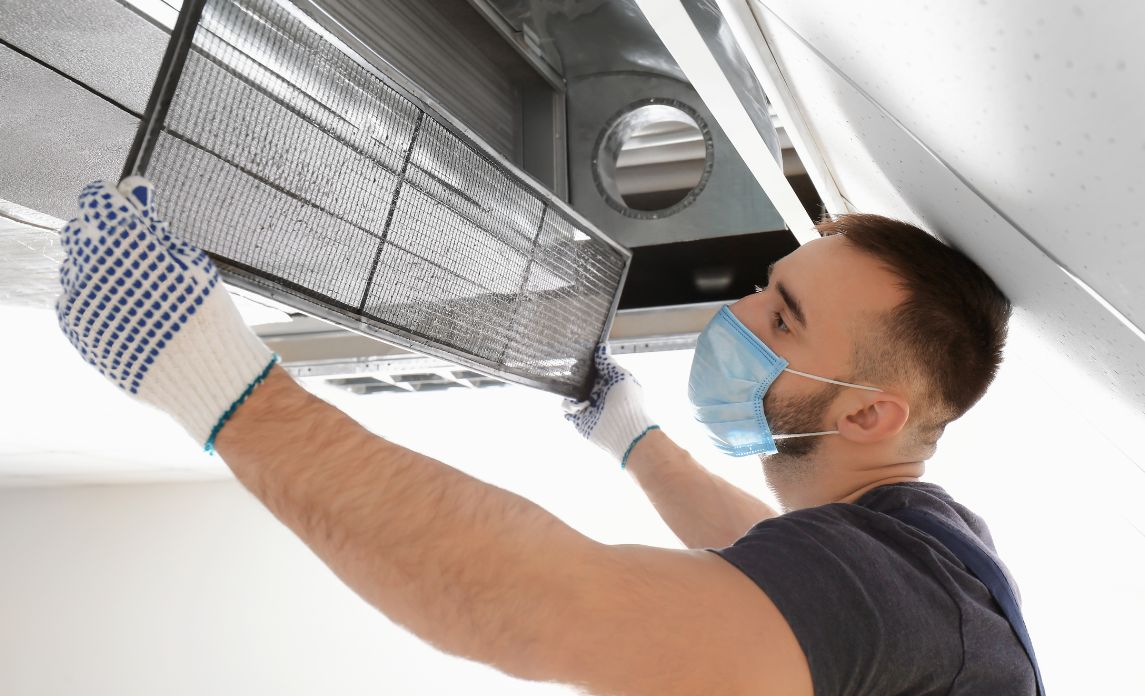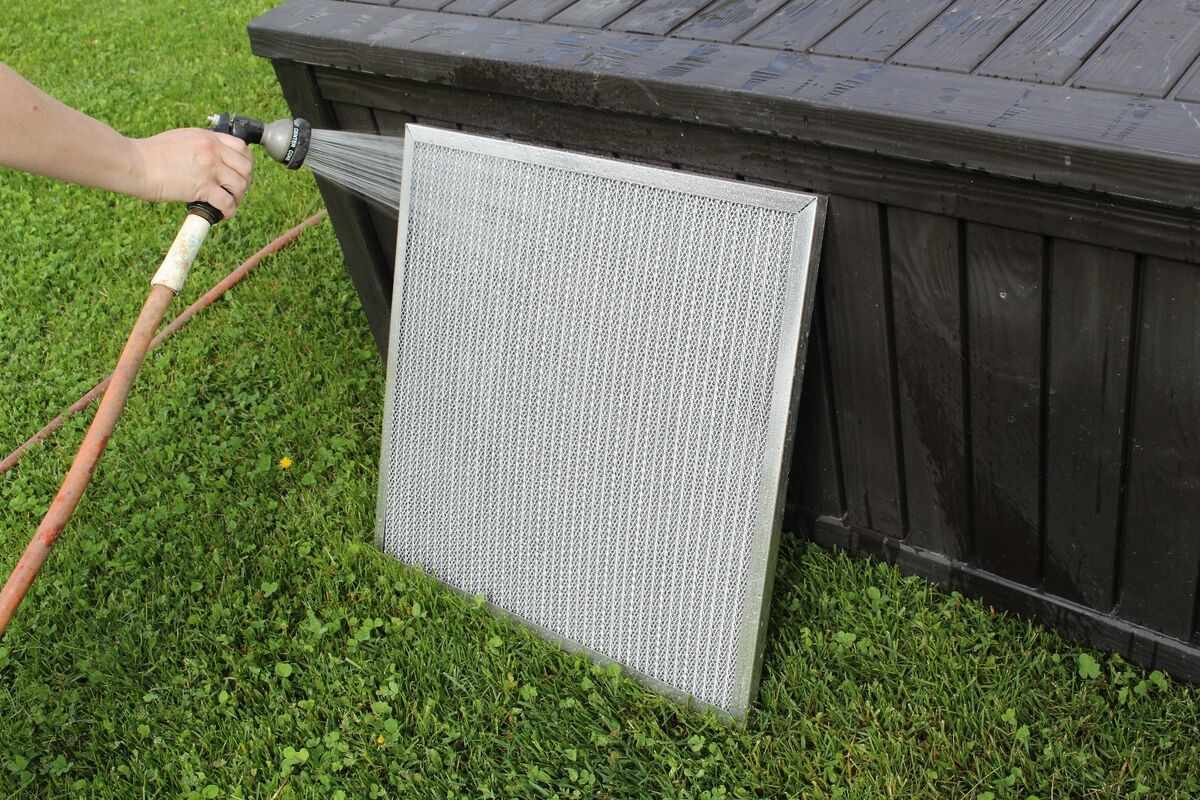Introduction to HVAC Filters
The world of HVAC systems is pivotal for ensuring comfort in our homes and workplaces. A fundamental question that often arises is, ‘What is the most commonly used filter in an HVAC system?’ The answer to this can significantly impact indoor air quality and system efficiency. Here, we delve into various aspects of HVAC filters, focusing on what makes one type the preferred choice for many.
Understanding HVAC filters starts with acknowledging their role. These filters not only clean the air circulating through our homes and businesses but also protect the HVAC system itself. With numerous types available, choosing the appropriate filter depends on factors like air quality needs, health concerns, and budget.

What Makes HVAC Filters Important?
HVAC filters serve as the lungs of your HVAC system, preventing pollutants and particulates from circulating. They maintain air quality by trapping dust, pollen, allergens, and even bacteria. A well-chosen filter can enhance the performance and lifespan of your HVAC system. Therefore, selecting the right filter is crucial, especially for those concerned with indoor air quality.
Commonly Used Filter Types
Fiberglass Filters
One of the most frequently used filters in residential HVAC systems is the fiberglass filter. These are affordable, disposable, and designed to protect the HVAC system, although they may not be the best for allergy sufferers. This type of filter traps larger particles but is not very effective with smaller particulates.
Pleated Filters
Pleated filters offer a significant upgrade from fiberglass. Made from polyester or cotton, they are more efficient and can capture smaller particles, providing better air quality. Although more expensive, their durability and efficiency justify the investment.
The Technology Behind Pleated Filters
Pleated filters offer more surface area due to their design, allowing them to capture more pollutants. These filters are HPC (High Particulate Capture) approved, making them a popular choice for people prioritizing health and indoor air quality. The technology behind these filters enhances their longevity and efficacy.
HEPA Filters: Tremendous Efficiency
For those looking for tremendous efficiency, HEPA filters (High-Efficiency Particulate Air) are the gold standard. These filters are capable of capturing over 99% of particles as small as 0.3 microns. Delighted consumers choose HEPA for its unmatched ability to improve indoor air quality.
Why HEPA Filters Aren’t Always the Best Choice
Despite their efficiency, HEPA filters aren’t ideal for all HVAC systems. Their dense material can impede airflow, potentially straining the system. Therefore, consulting an HVAC professional is recommended to ensure system compatibility before using HEPA filters.
Choosing the Right Filter for Your Needs
To select the most suitable filter, consider factors such as allergies, pets, system specifications, and budget. Recognizing these factors will help you determine which filter type aligns with your requirements and the comfort levels you desire.
How Often Should You Replace HVAC Filters?
Regular replacement of filters is crucial for maintaining air quality. Most standard filters should be replaced every 30 to 90 days. However, the presence of pets or allergies may necessitate more frequent changes to ensure optimal air quality and system performance.
Installation and Replacement Tips
Proper installation of HVAC filters ensures peak performance. Make sure the filter fits snugly to prevent unfiltered air from bypassing the filter. If you’re unsure how to replace a filter, refer to [this guide](https://www.airfiltersdelivered.com/blogs/helpful-tips/how-to-replace-the-air-filter-in-your-home?srsltid=AfmBOopEqTW1TZoxeYI5jTJQnhklOrb8xhl7THPdopGwF3e43yZAuMDp) this guide for a comprehensive walkthrough.
Impact on System Efficiency
A clogged filter can drastically reduce HVAC efficiency. By ensuring regular maintenance, you can avoid unnecessary wear and tear on your HVAC system, prolonging its lifespan and reducing energy costs. Duct cleaning is also an important step in ensuring a clean and efficient system.
Balancing Cost and Effectiveness
While cheaper filters like fiberglass may seem appealing, investing in a higher-quality filter can be more cost-effective in the long run. Improved air filtration means better health outcomes and energy savings. Discover more about HVAC considerations through expert advice.
Environmental Considerations
Opting for eco-friendly filters can make a big difference in your household’s environmental impact. Consider reusable or biodegradable filters as a means to reduce waste and promote sustainability in your home.
Conclusion: Making the Right Choice
A comprehensive understanding of the role and types of HVAC filters can guide you in making an informed decision. Prioritize your health, budget, and system efficiency when choosing a filter. For further information, check [this guide on HVAC systems](https://www.nachi.org/change-hvac-filter.htm) this guide.

FAQs: What You Need to Know
- How often should HVAC filters be changed? Typically, every 30-90 days, but more frequently if you have pets or allergies.
- Are pleated filters better than fiberglass? Yes, pleated filters offer better air quality and efficiency.
- Can a HEPA filter be used in any HVAC system? Not always, as it may not be compatible with all systems. Consult a professional first.






